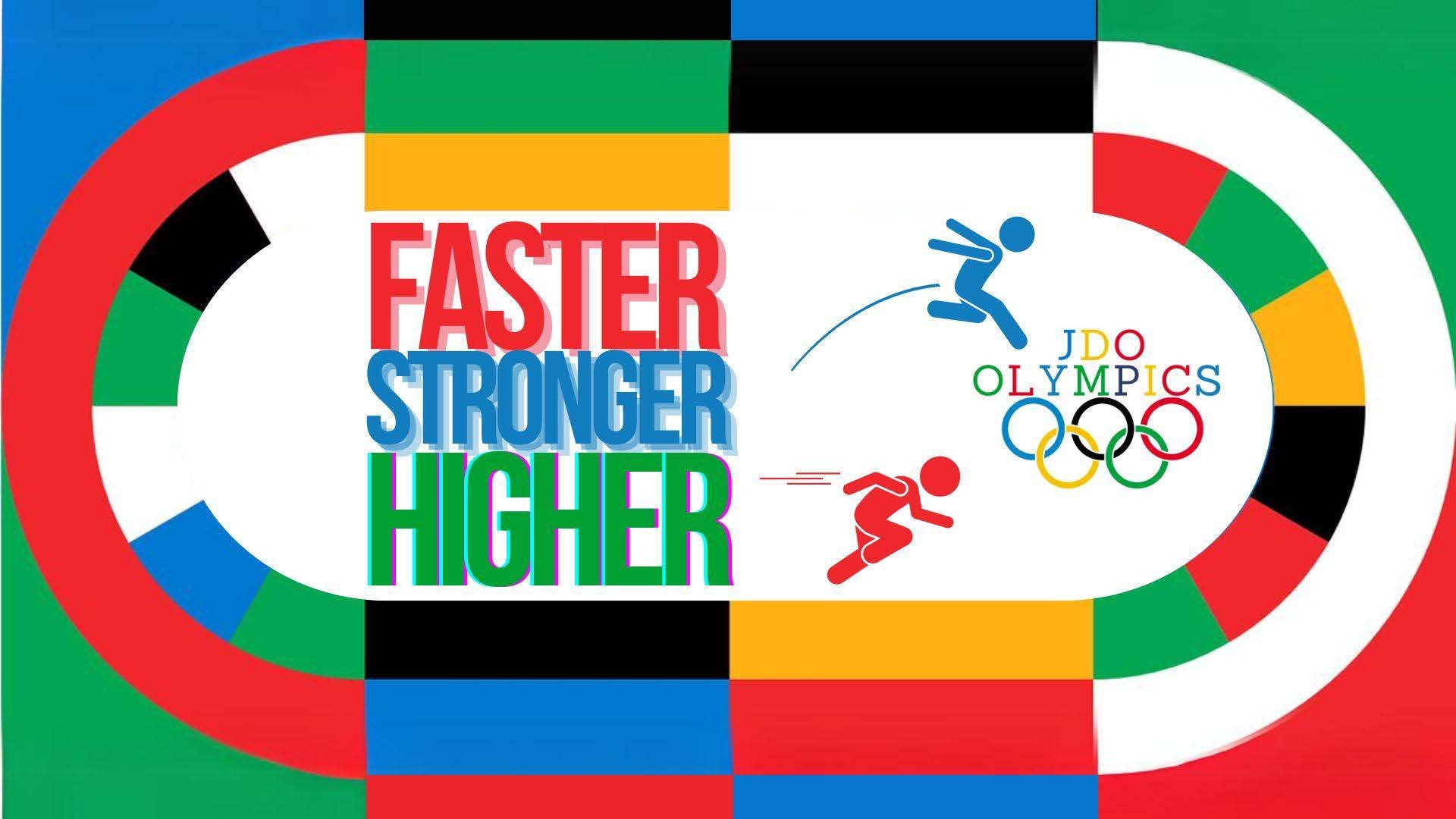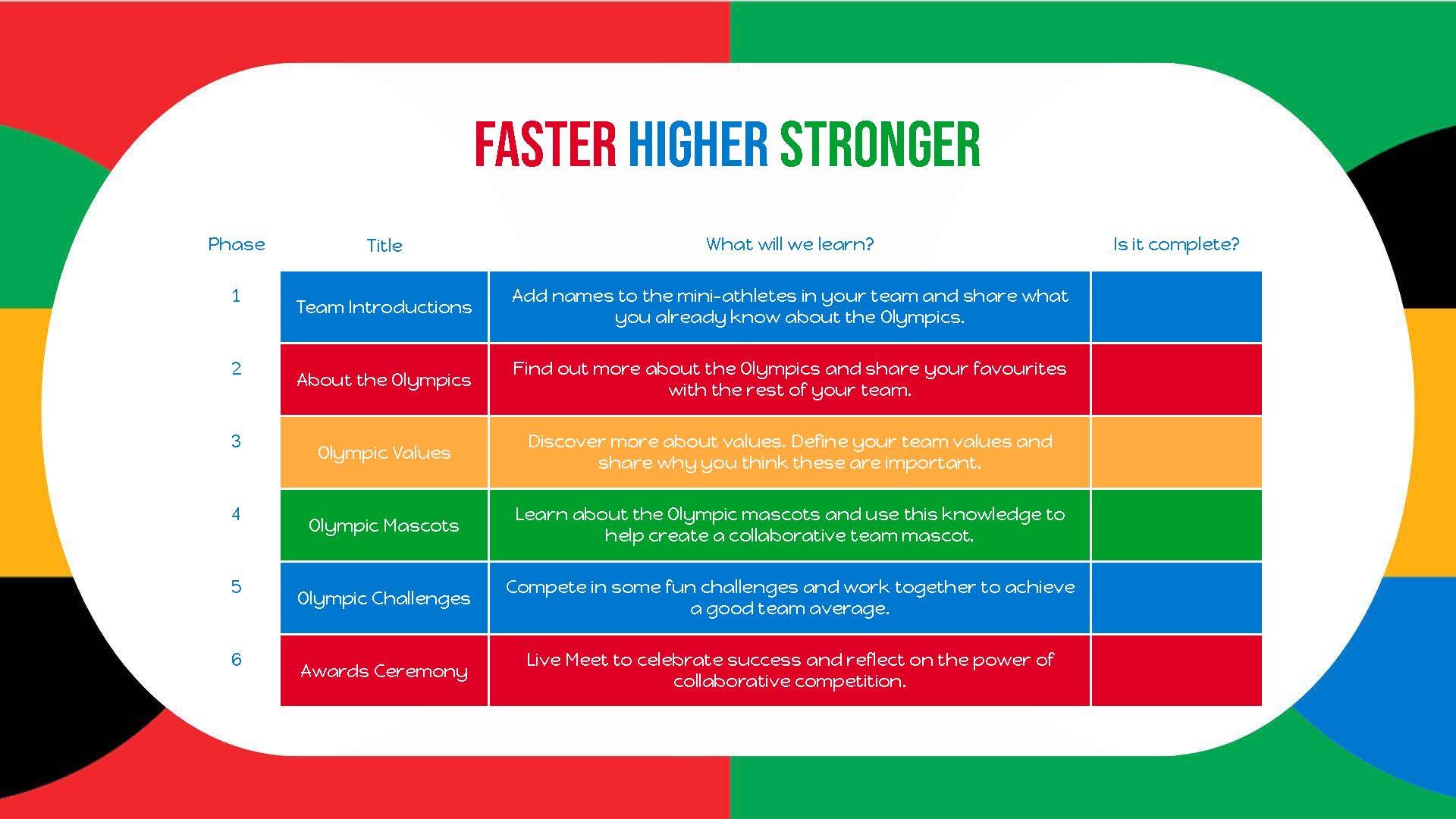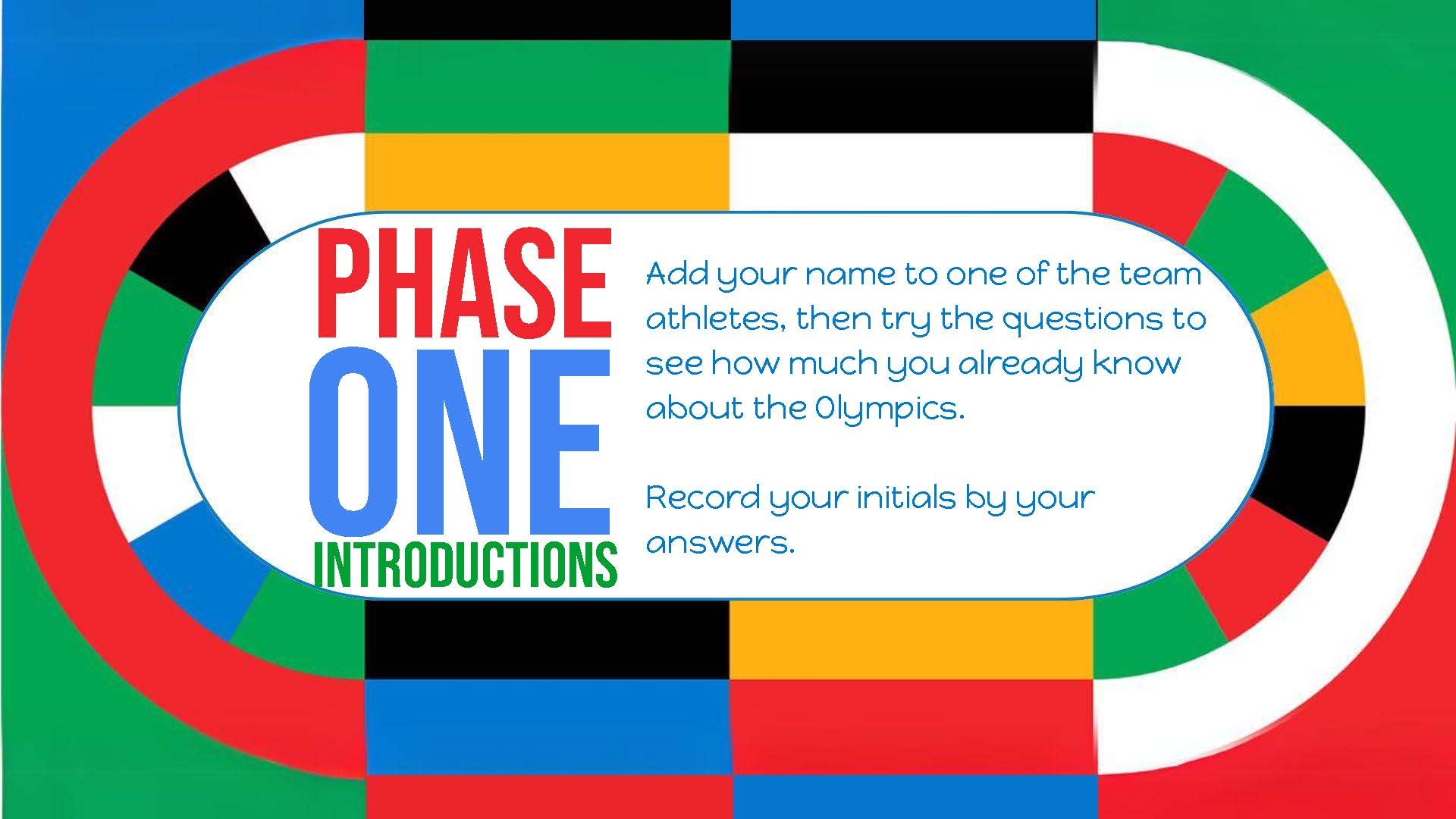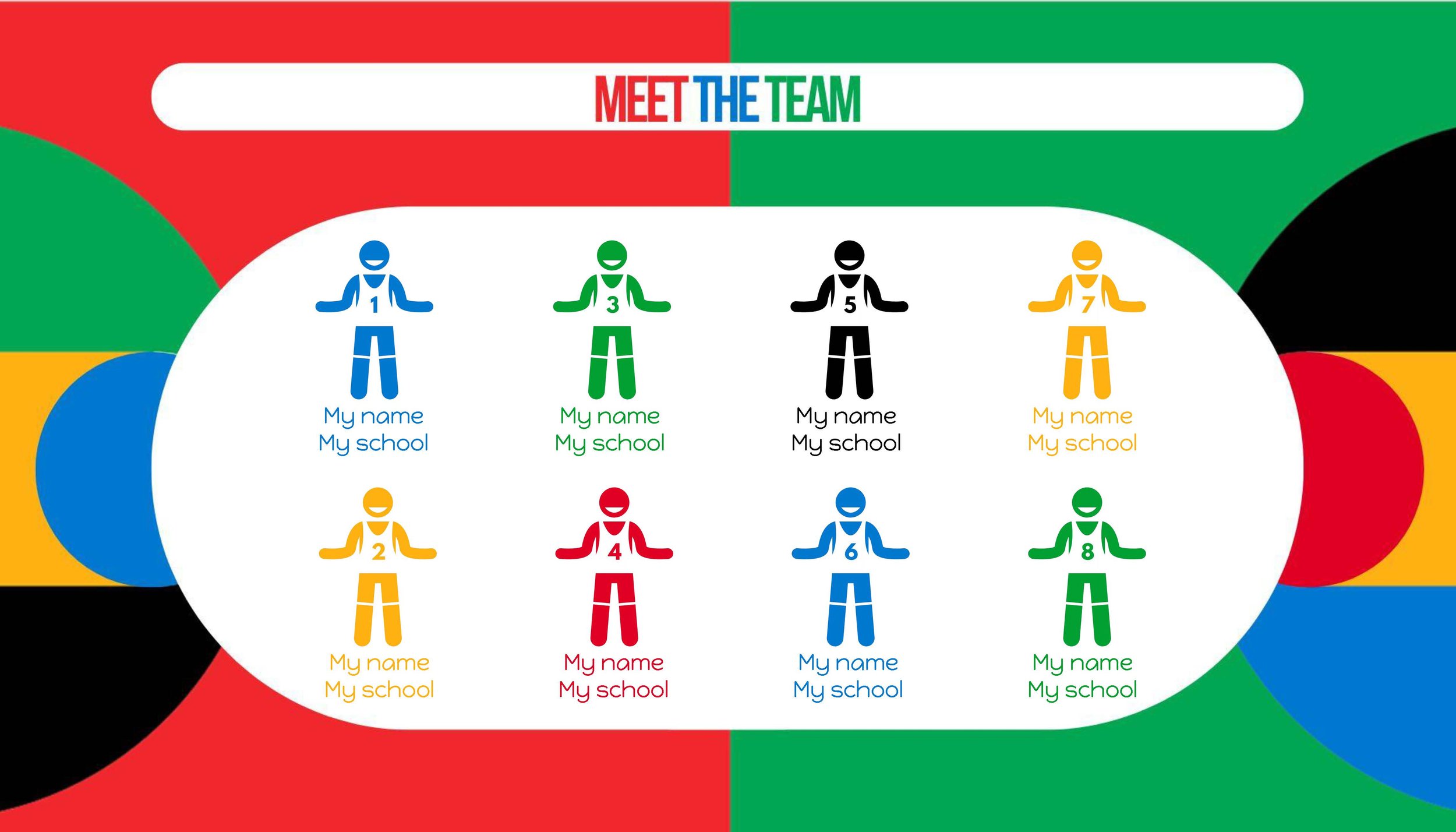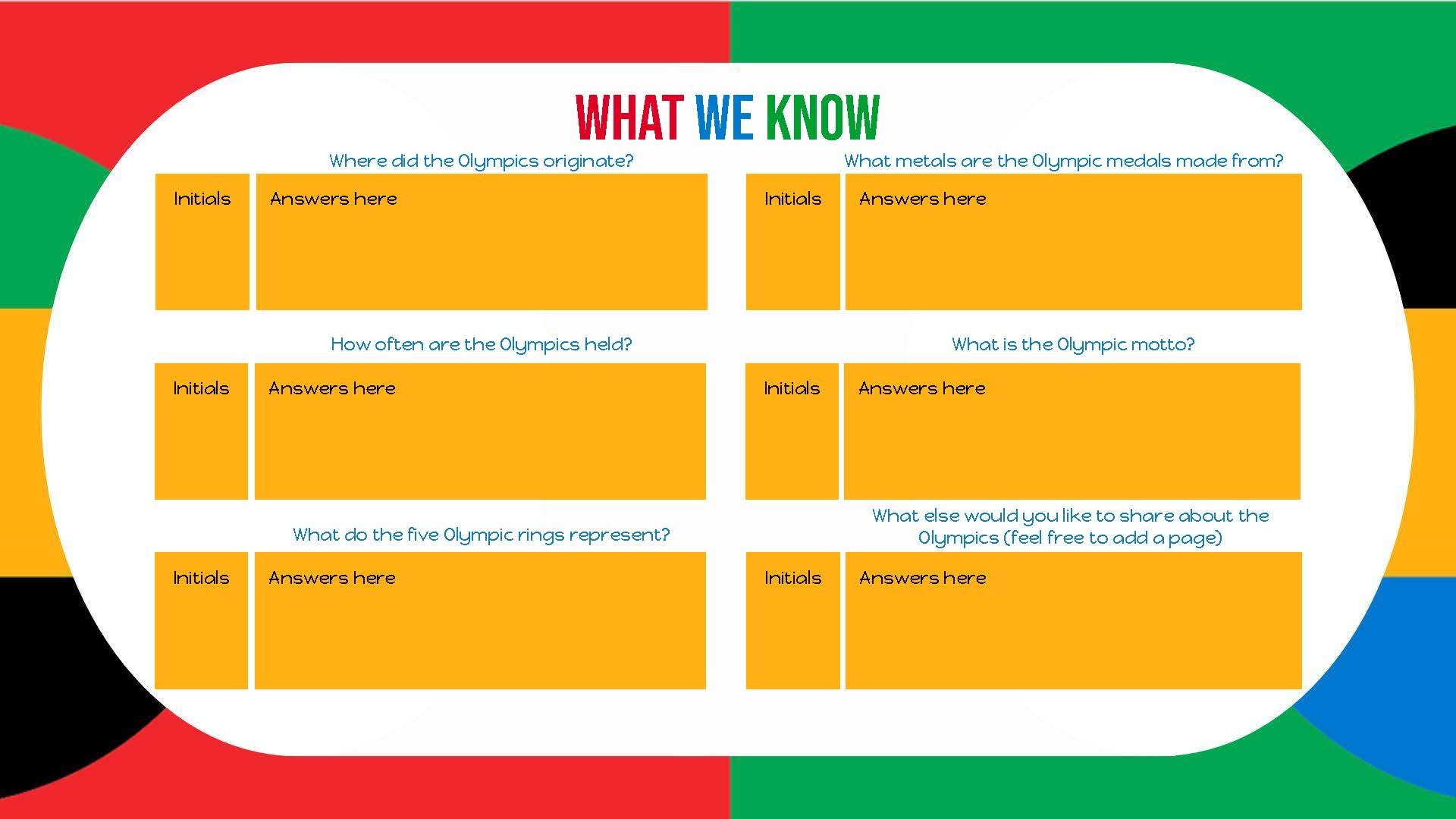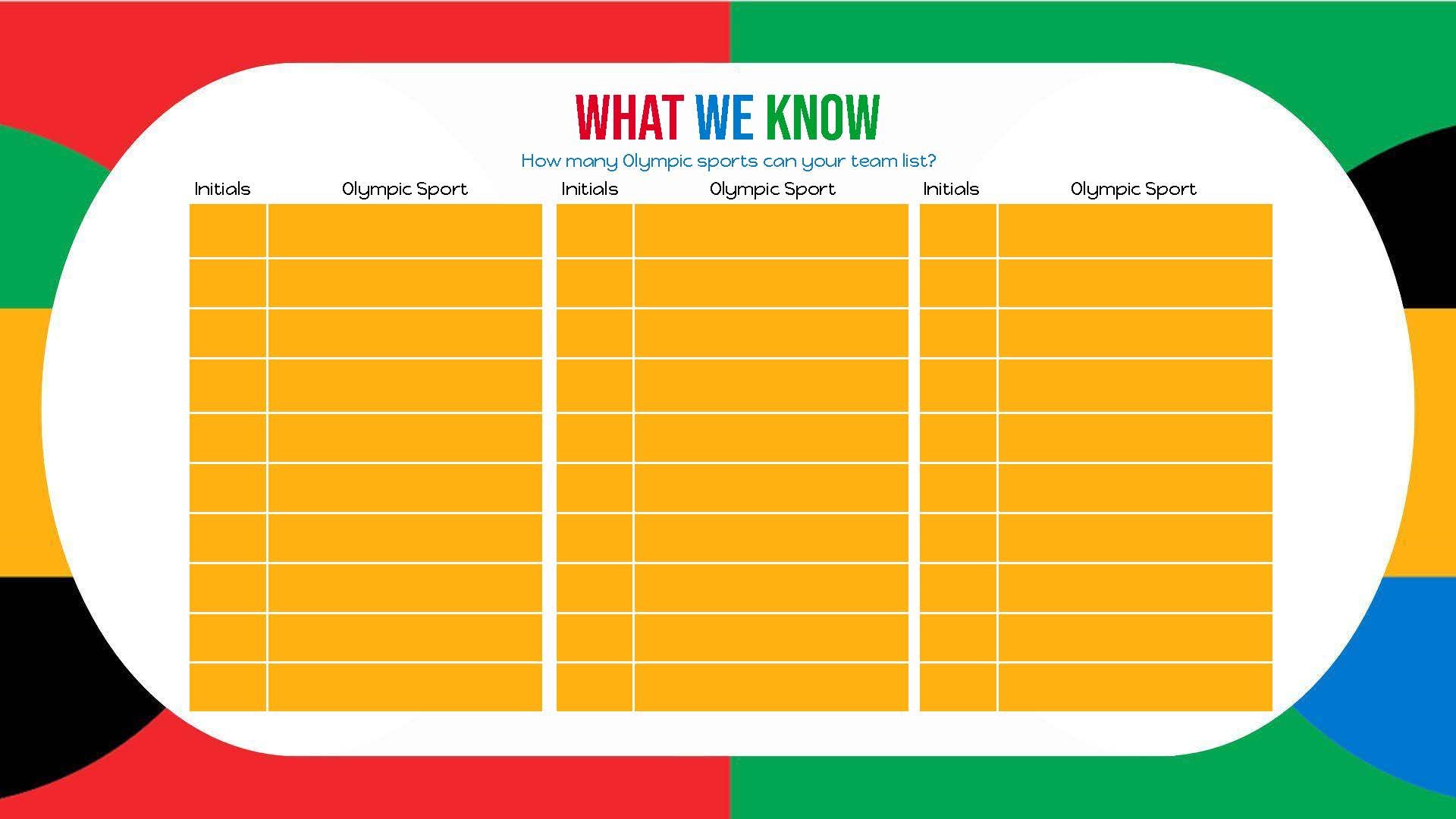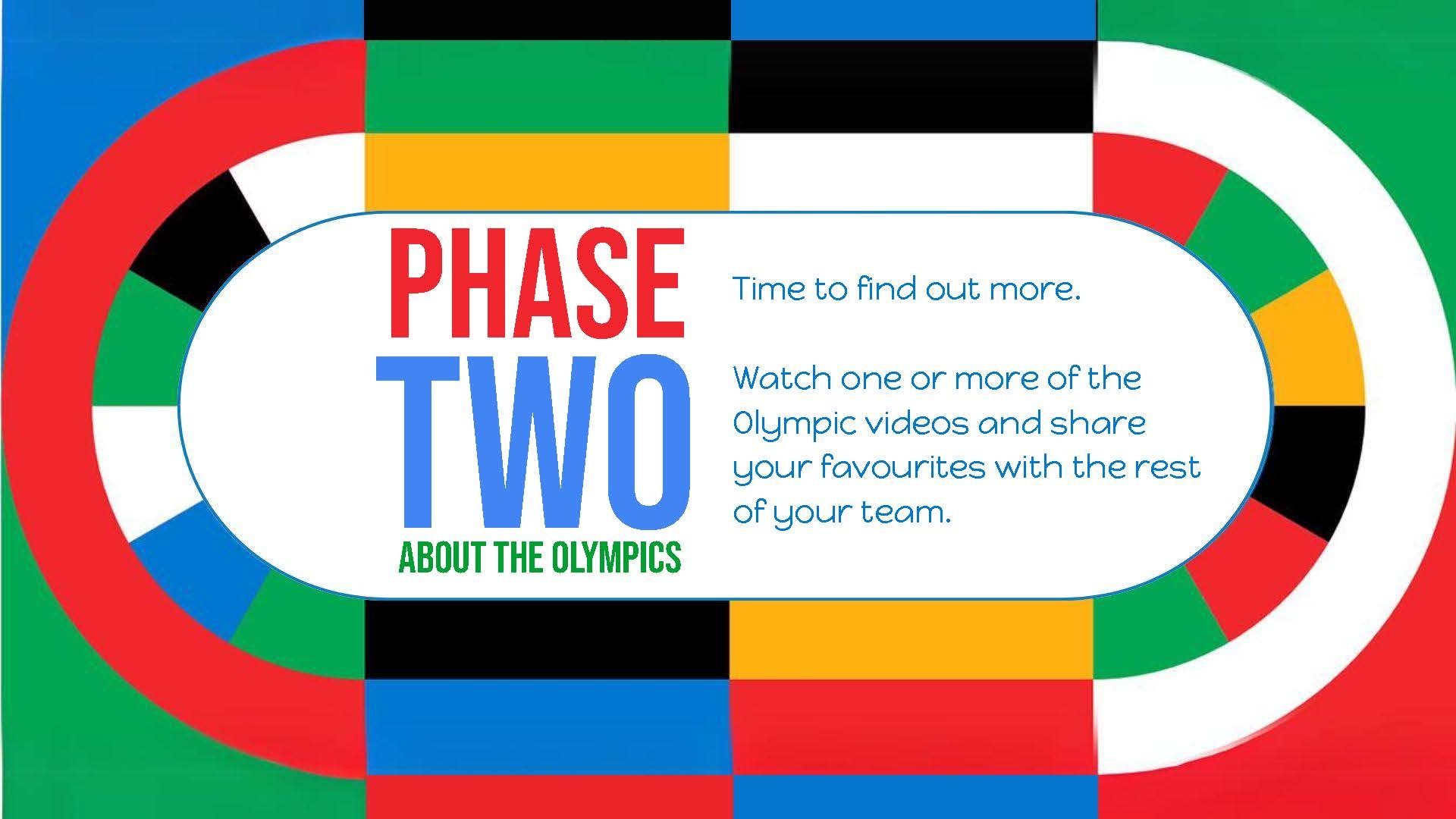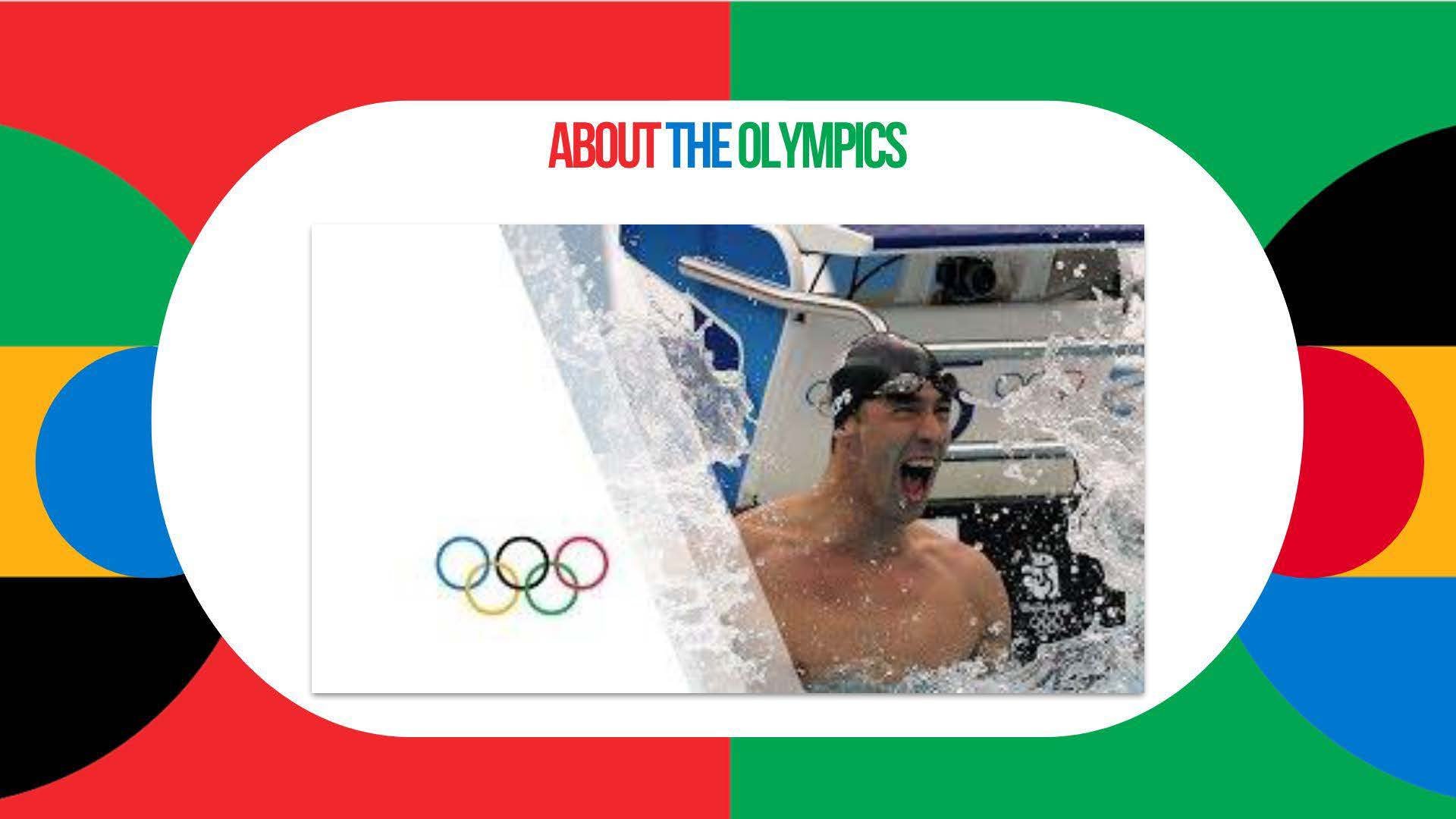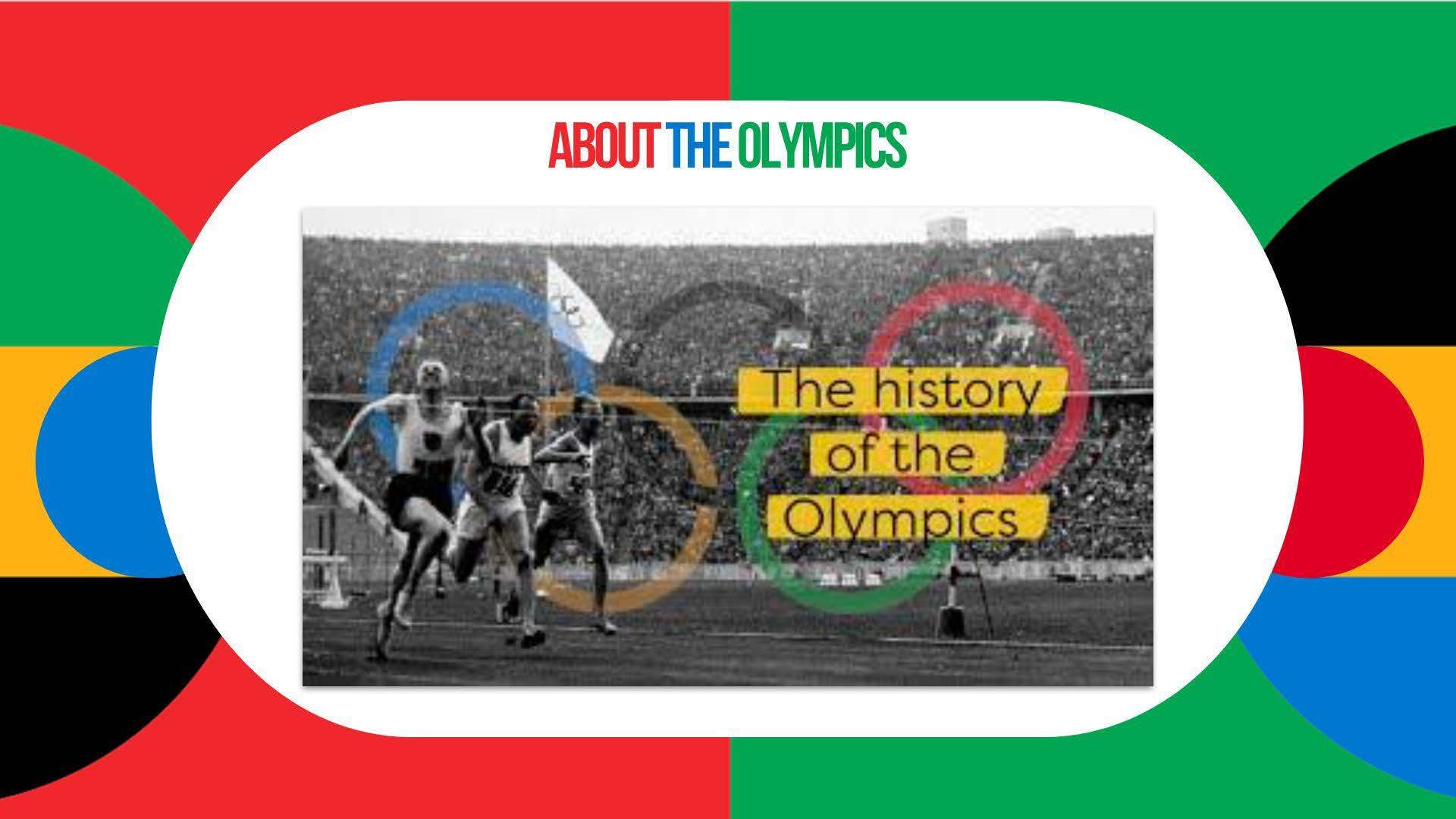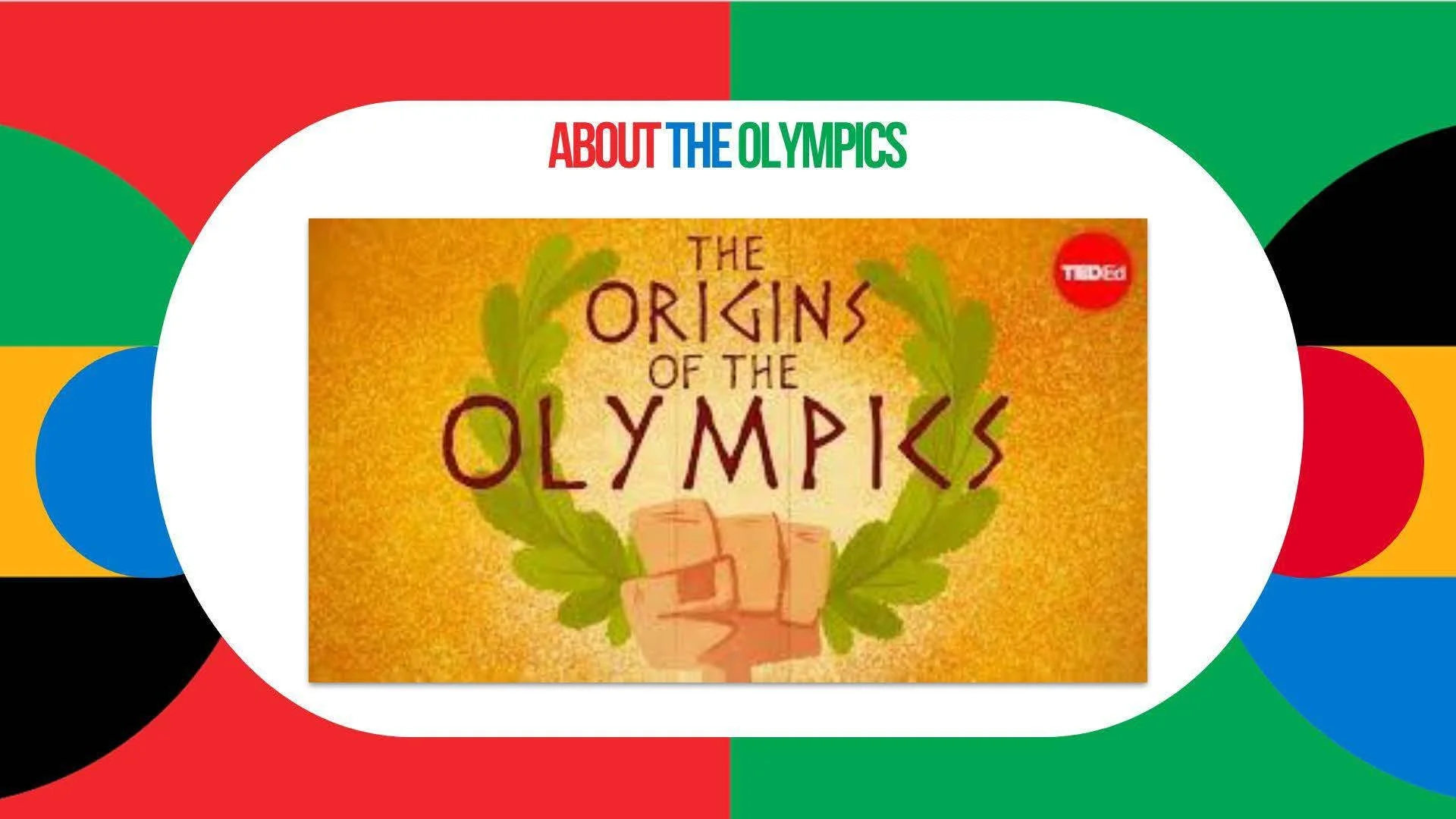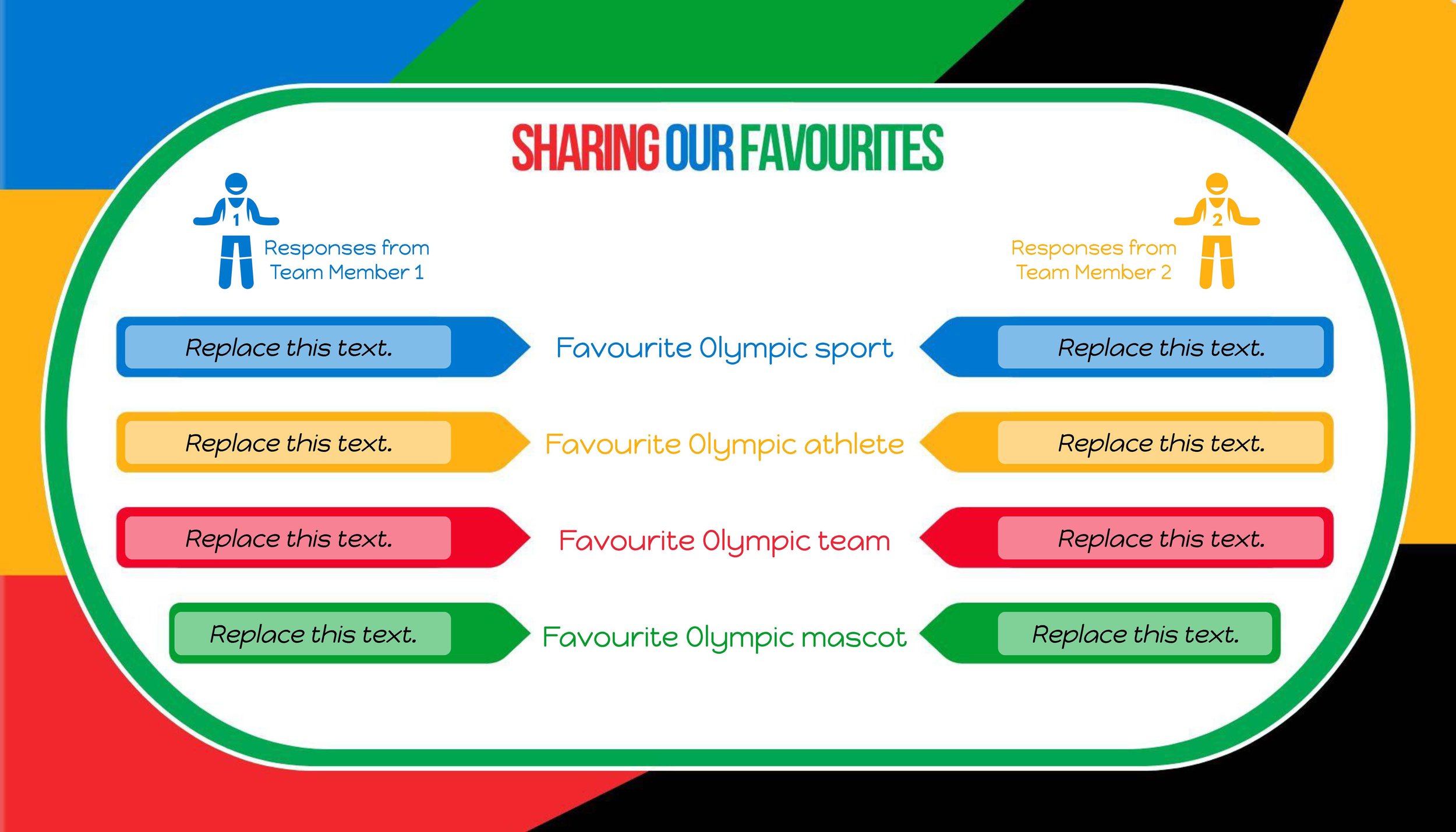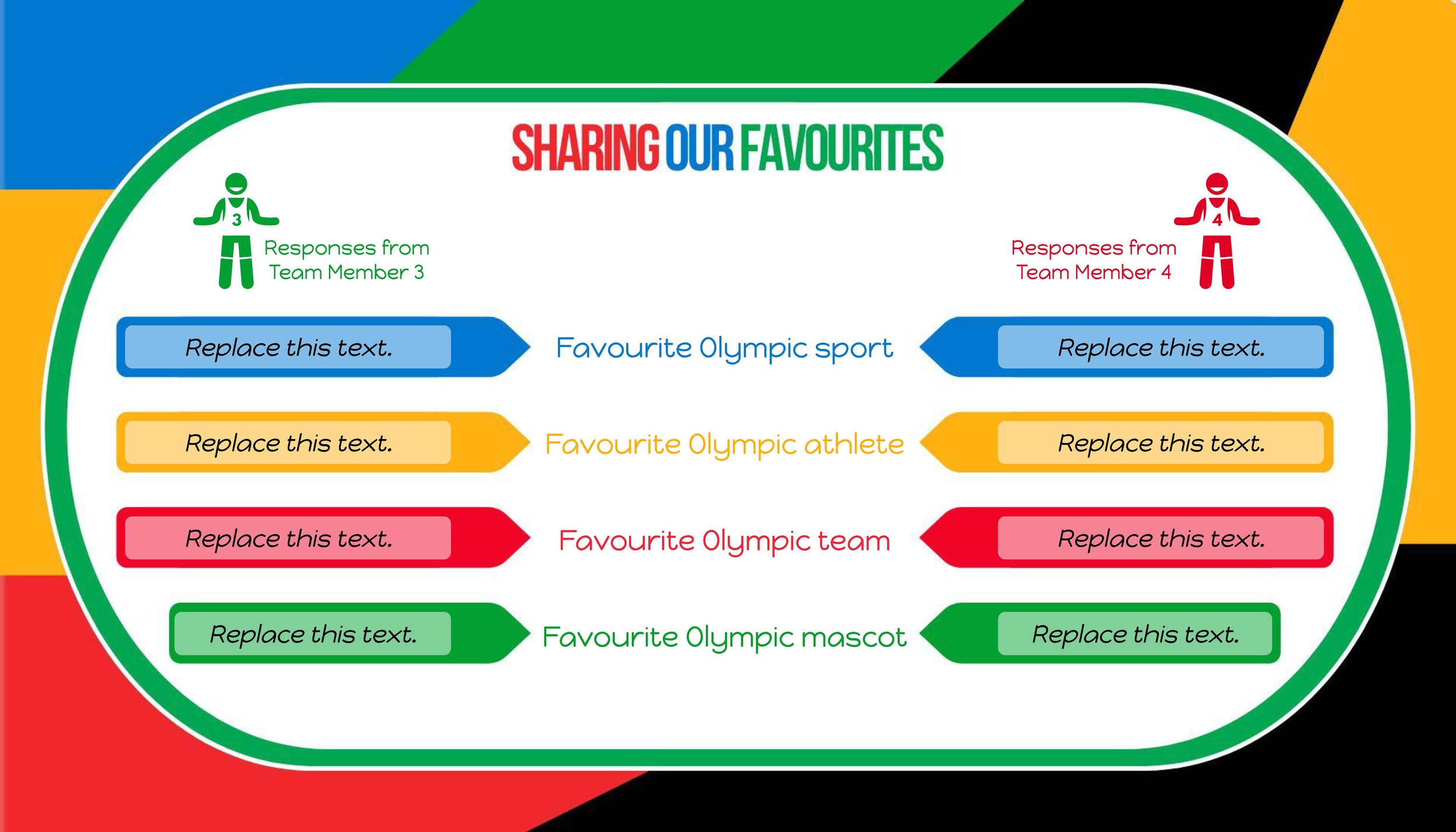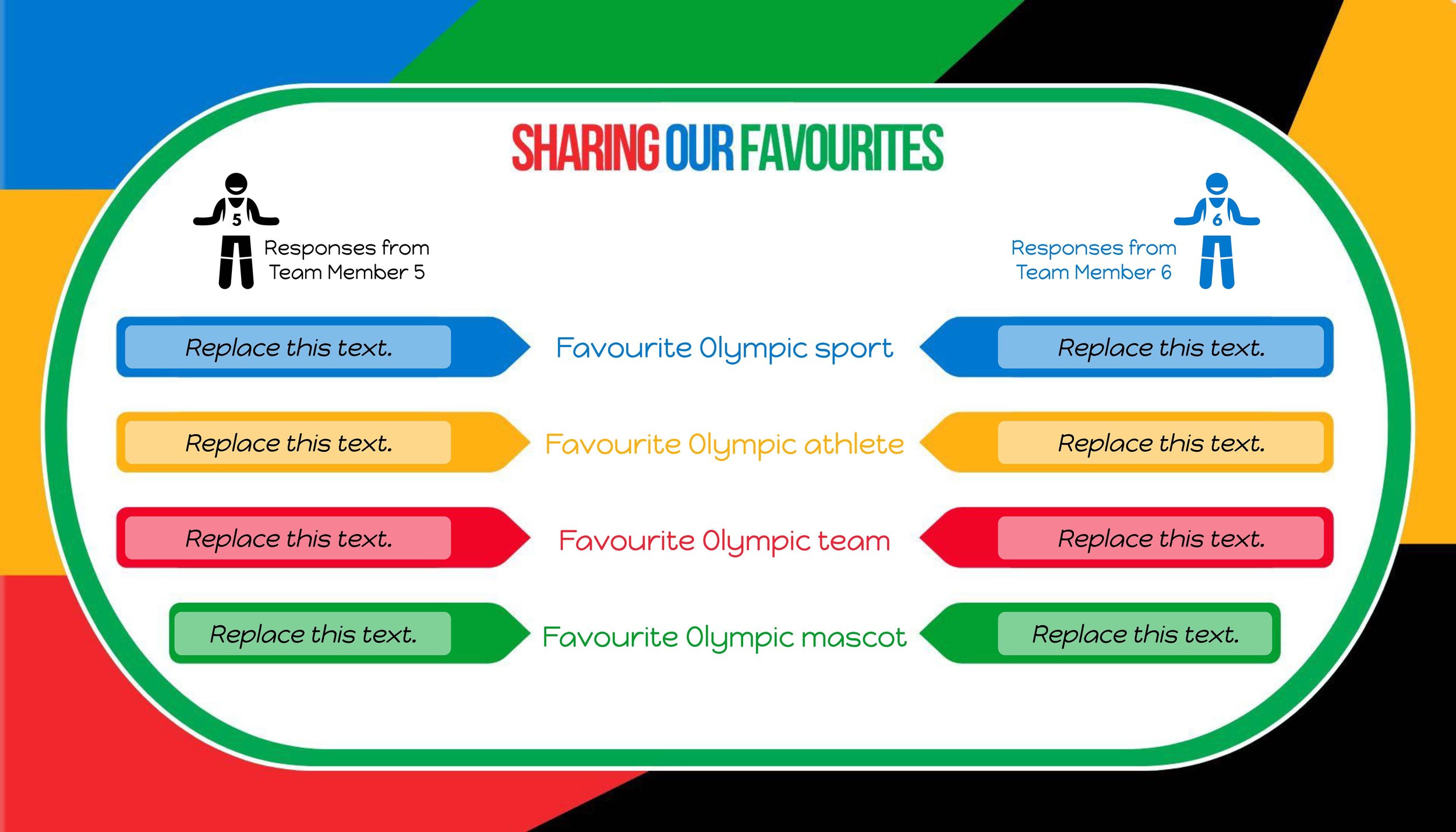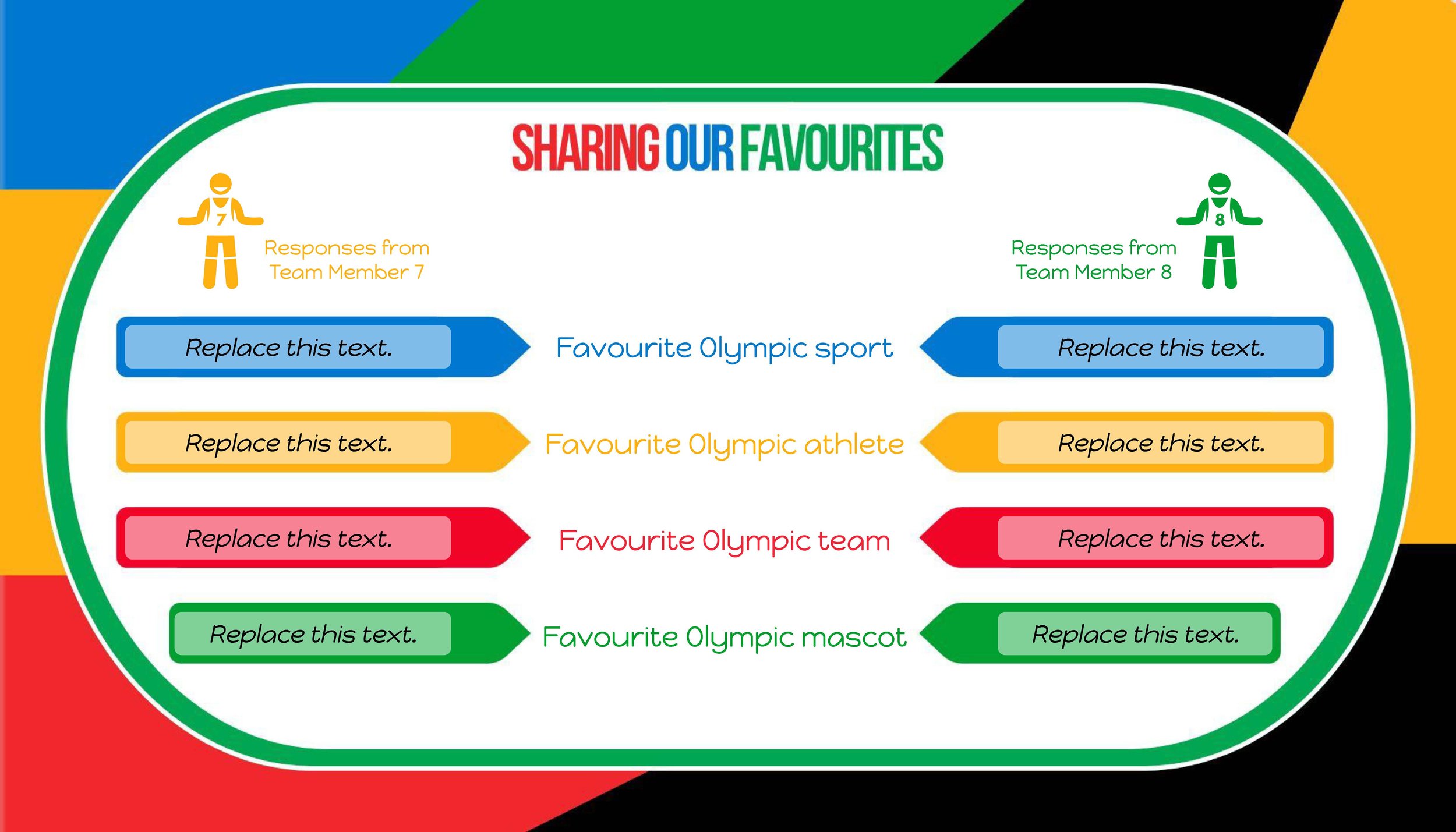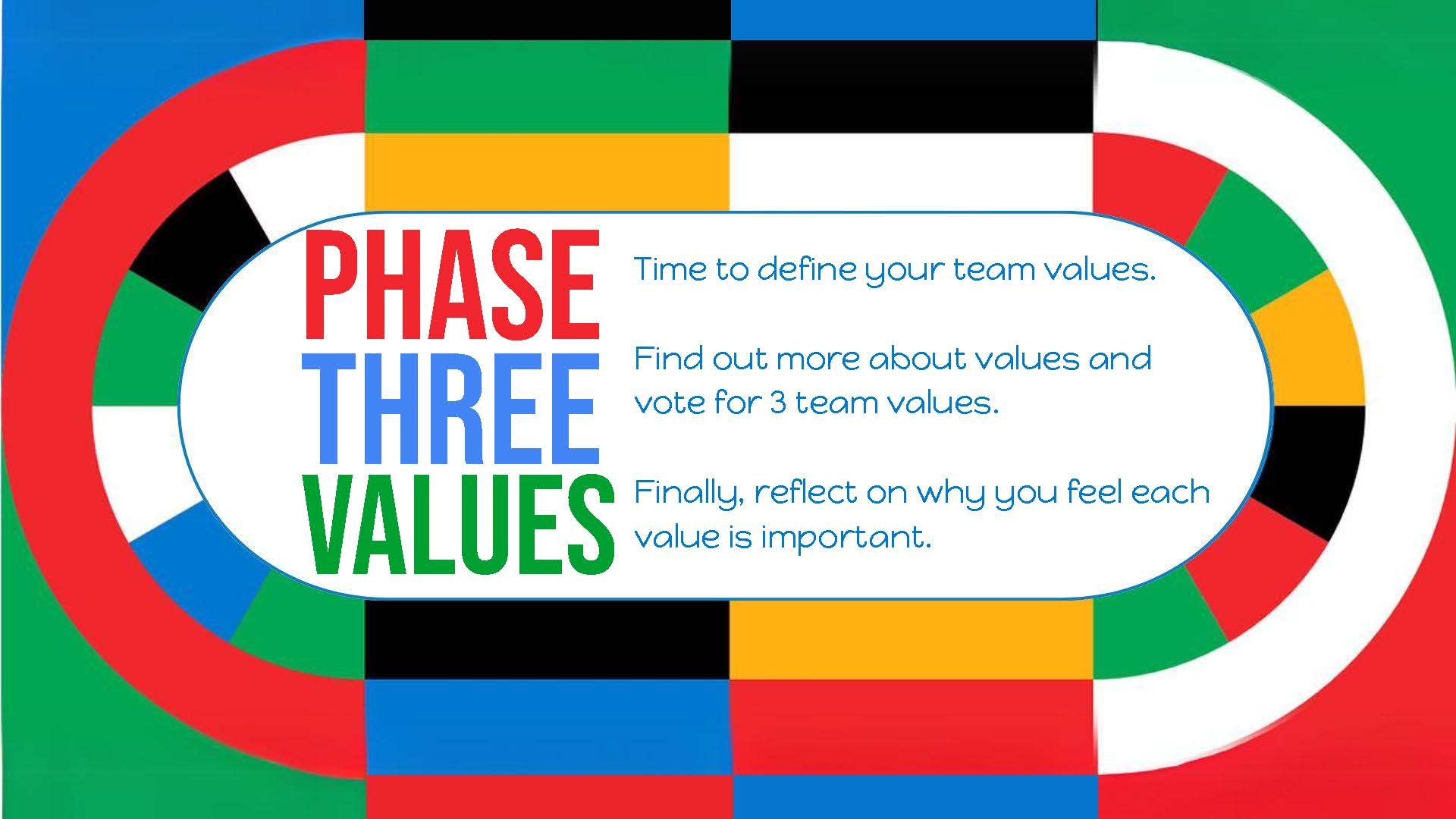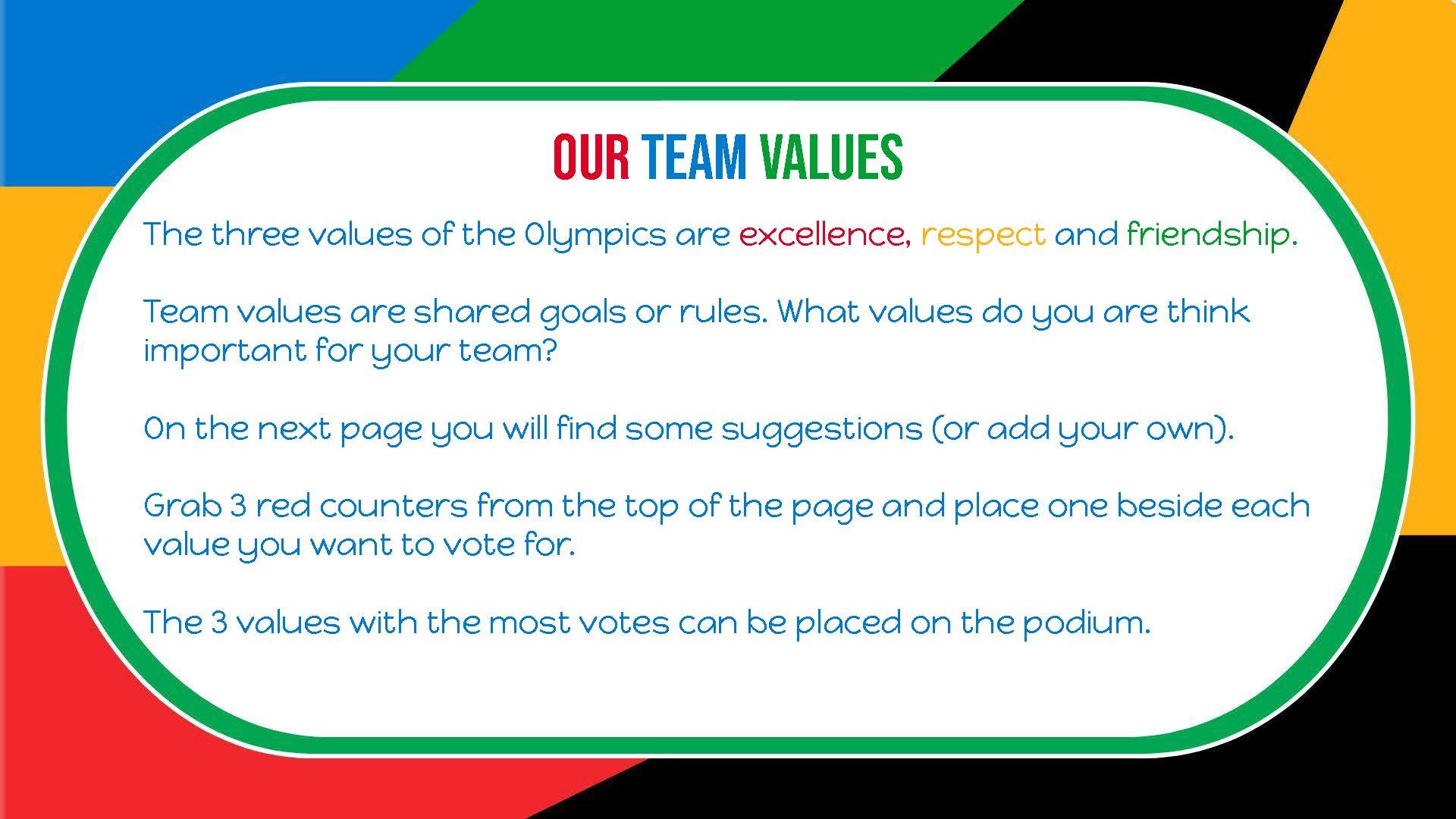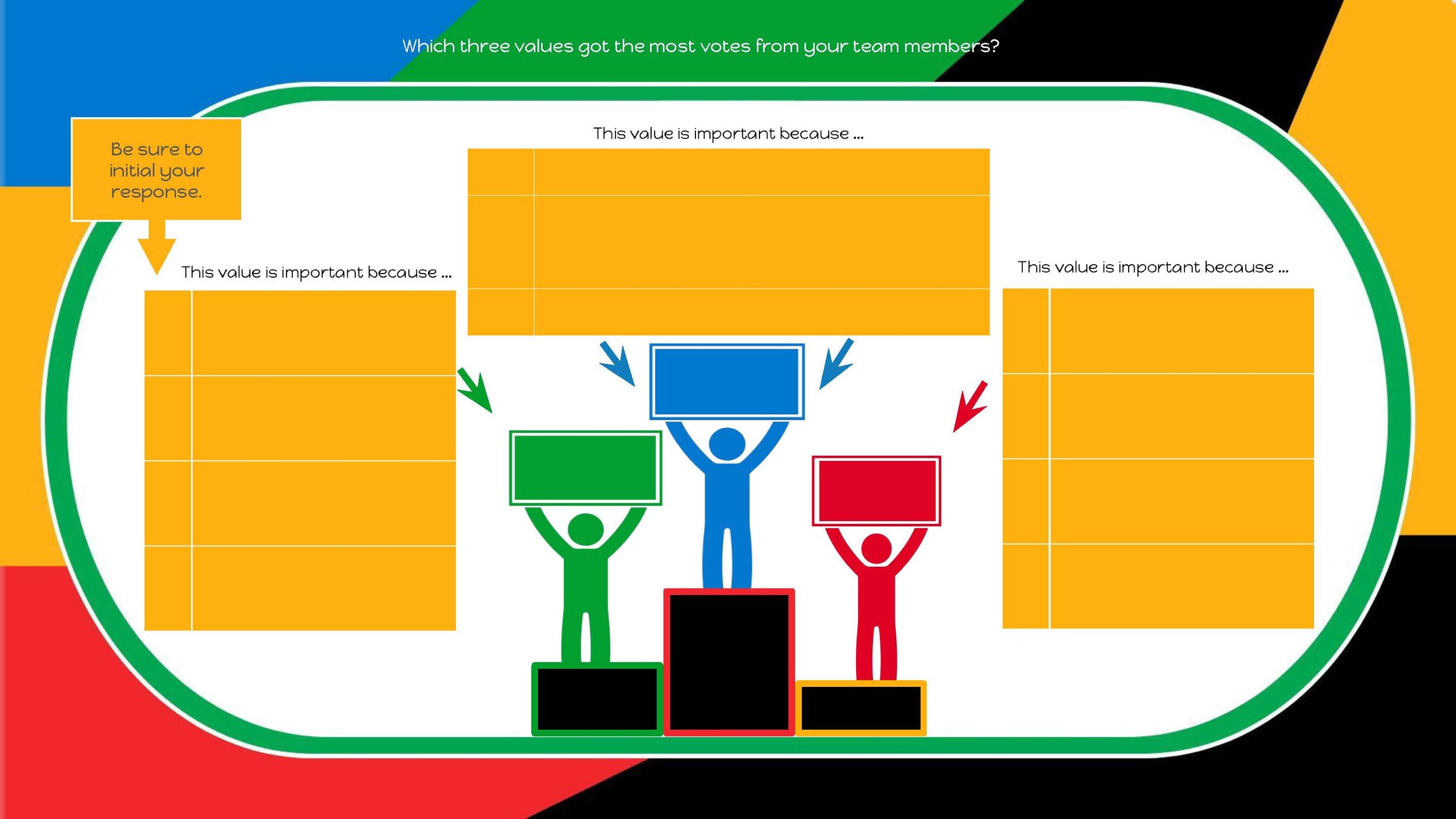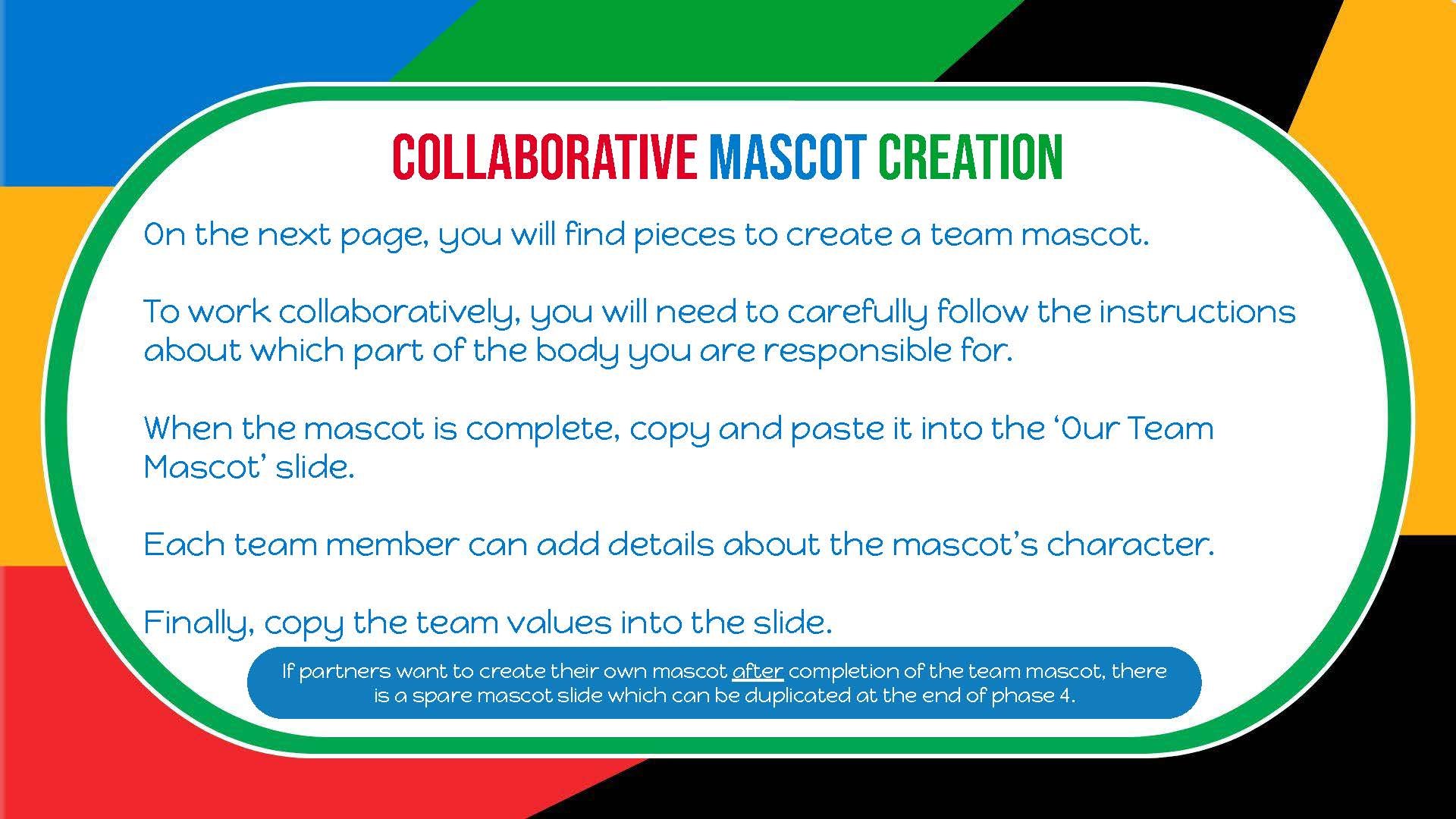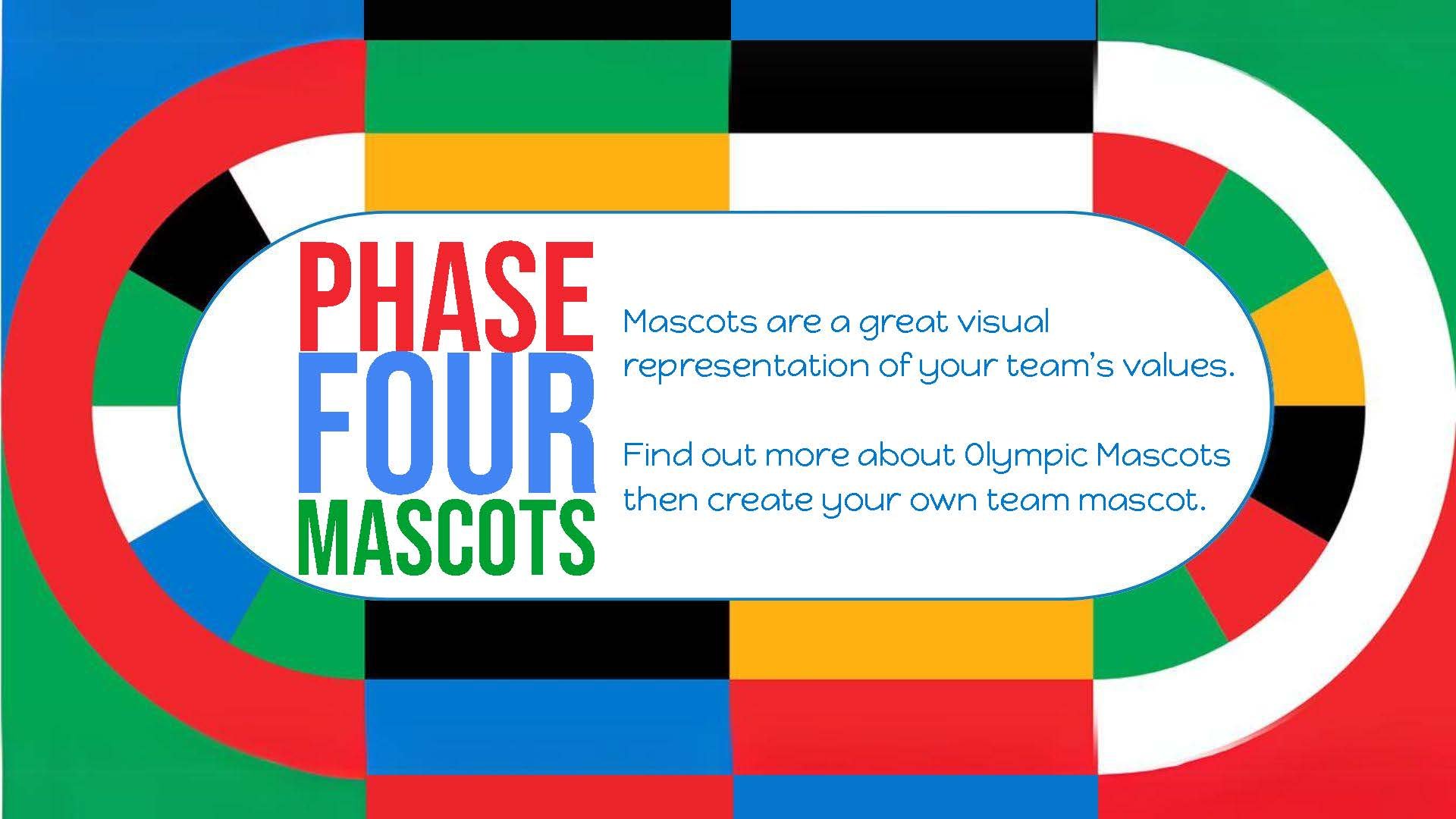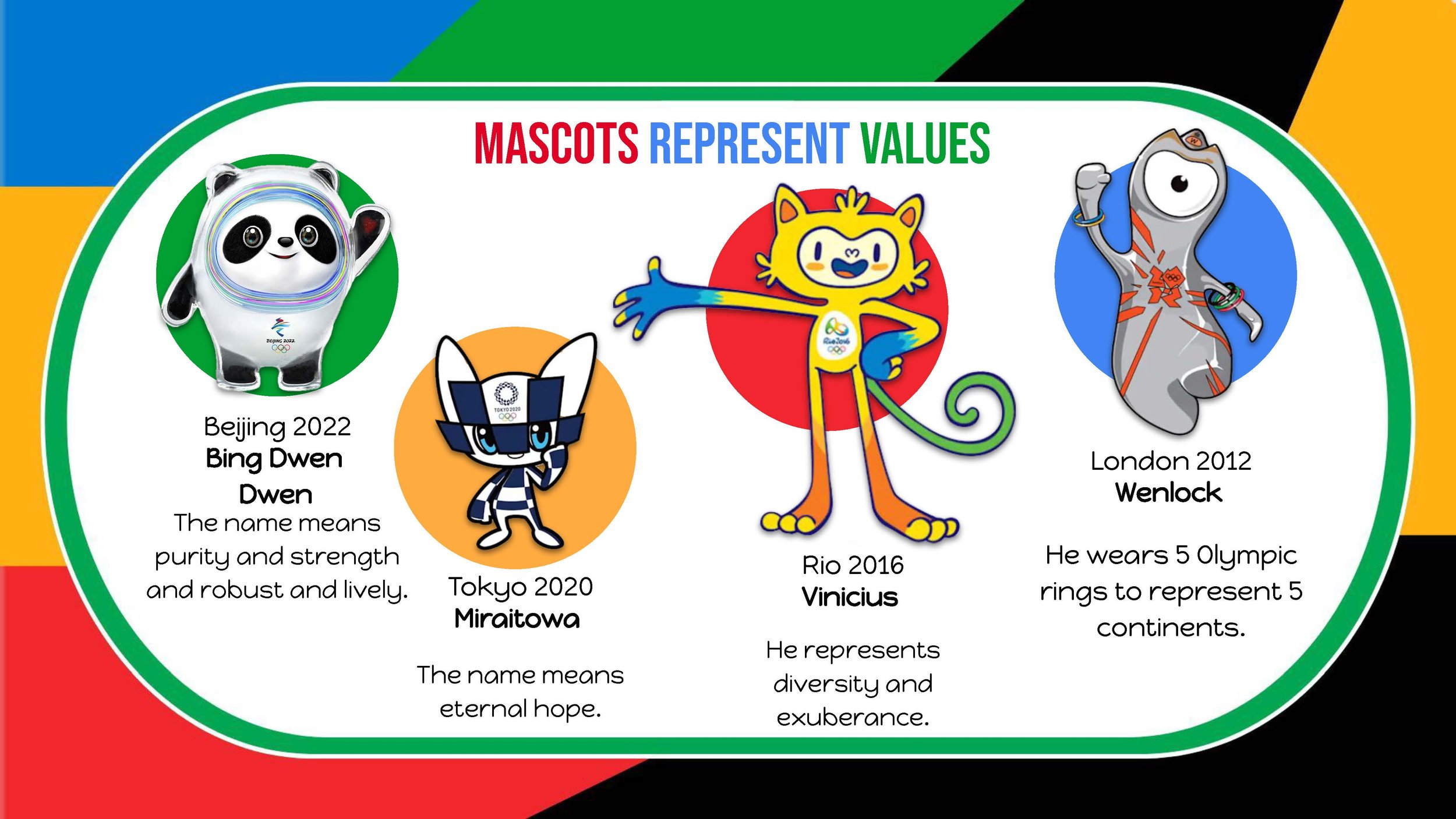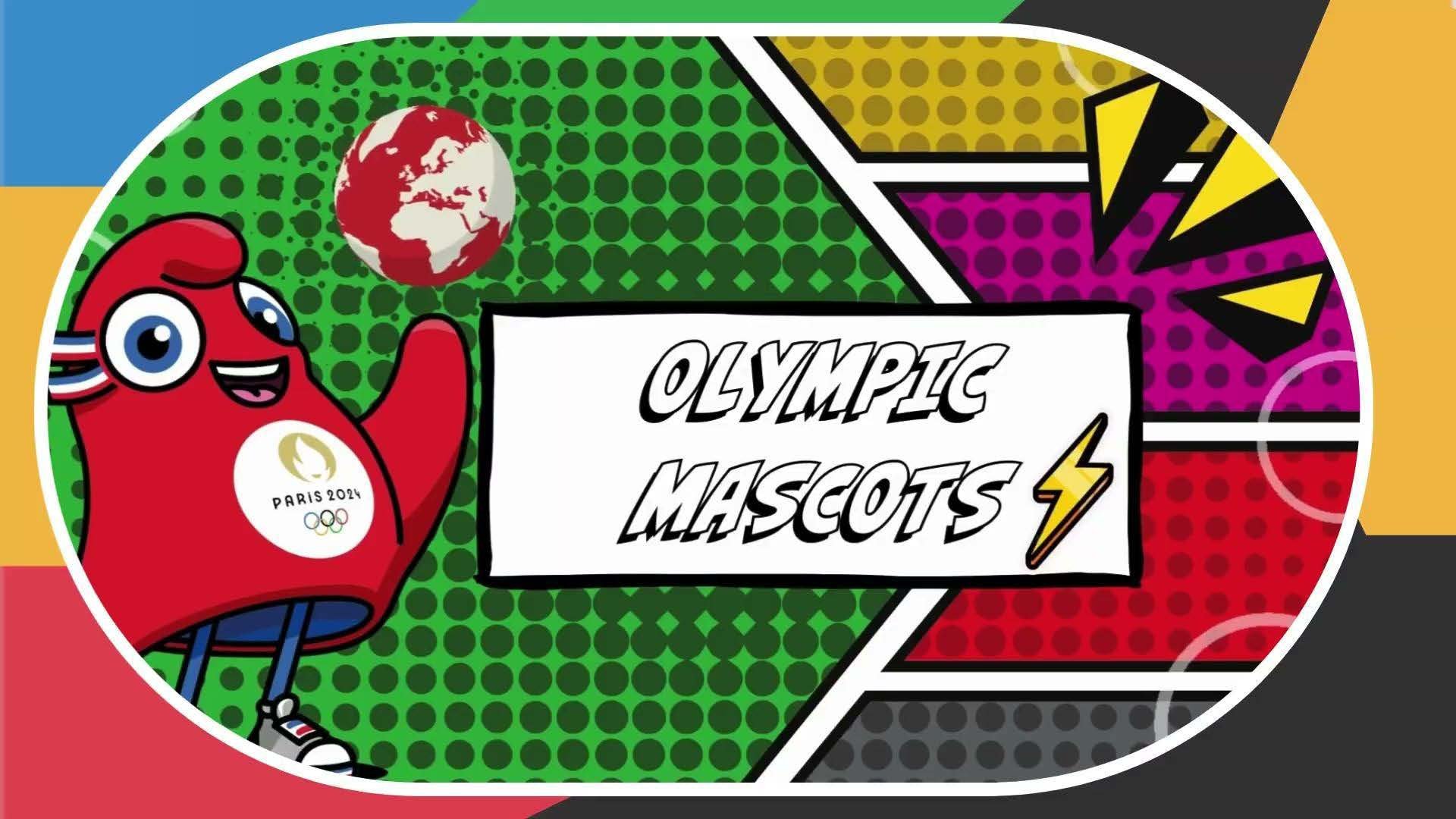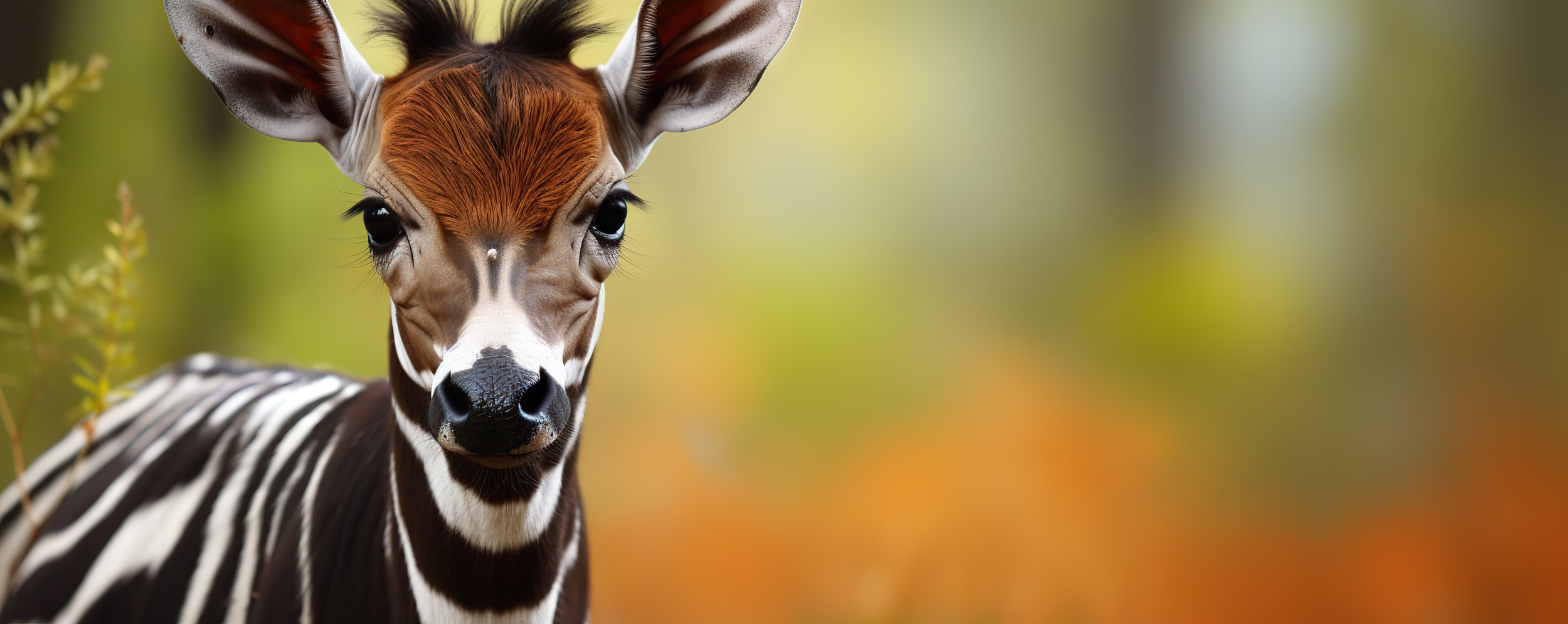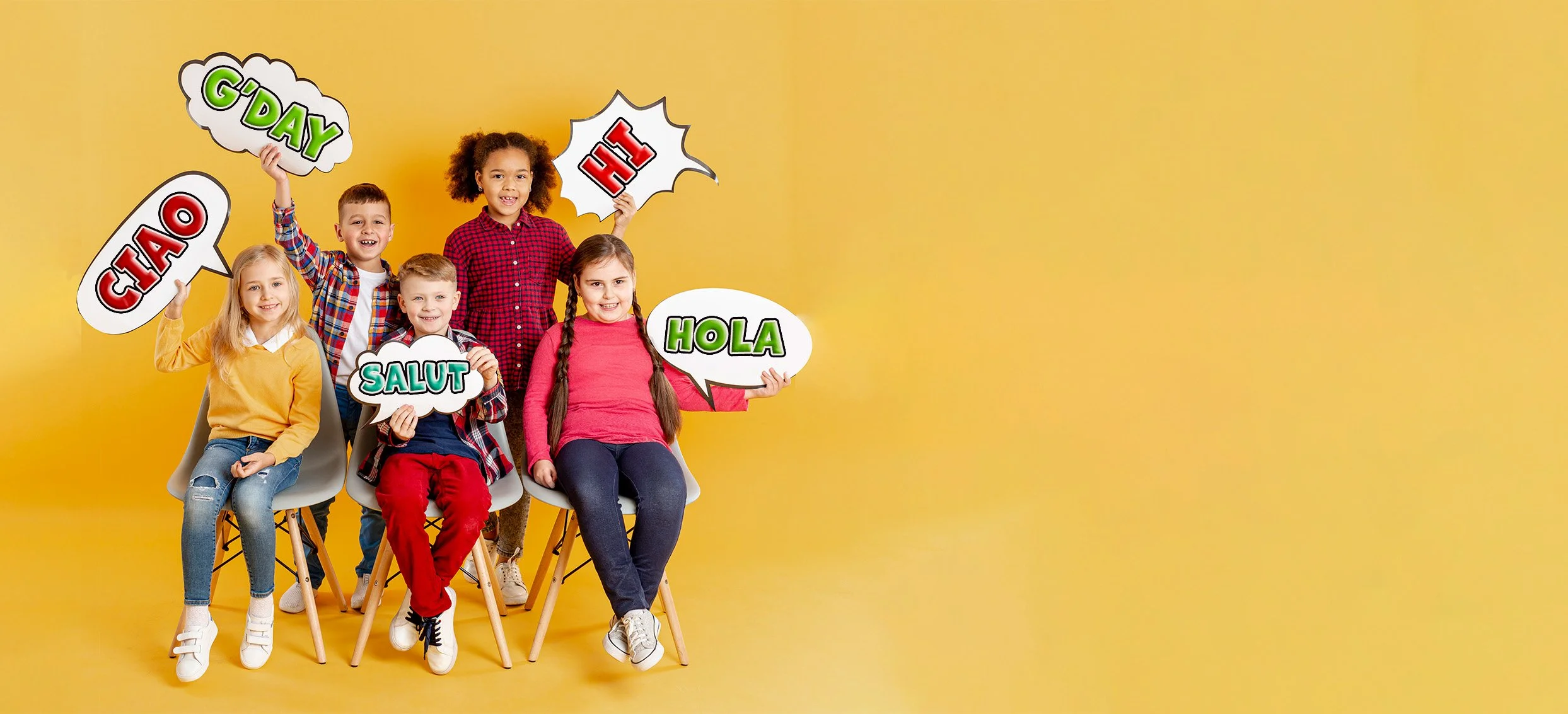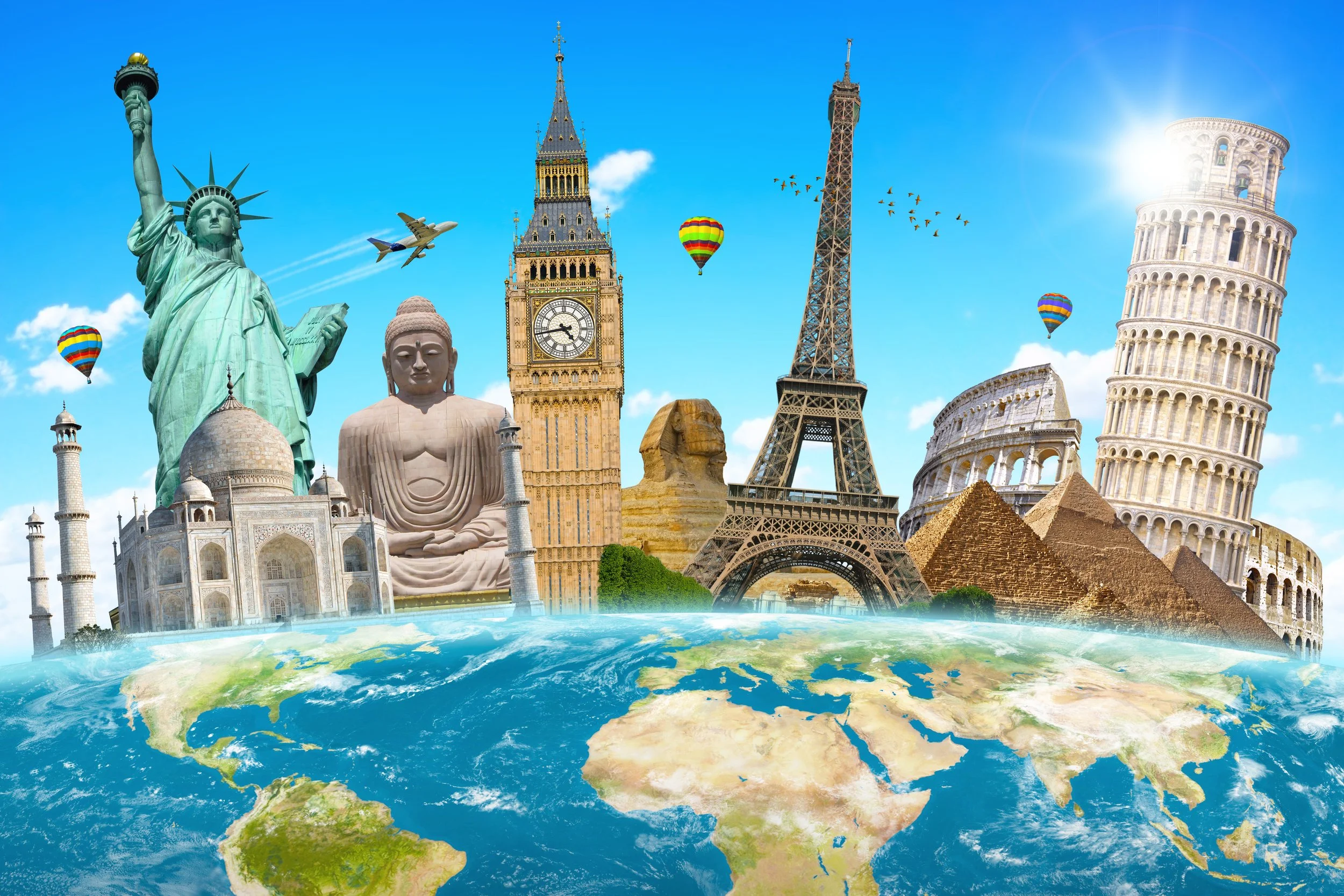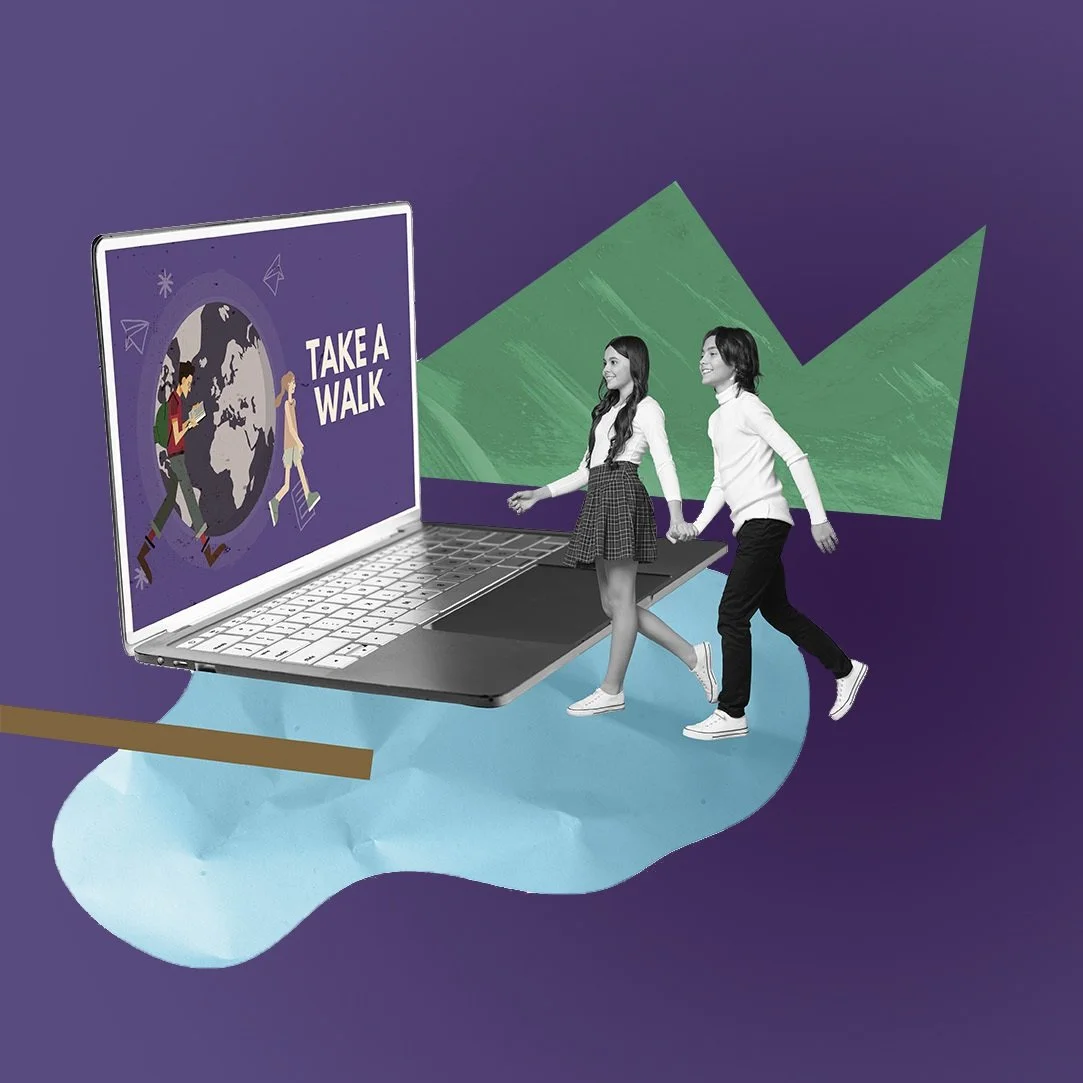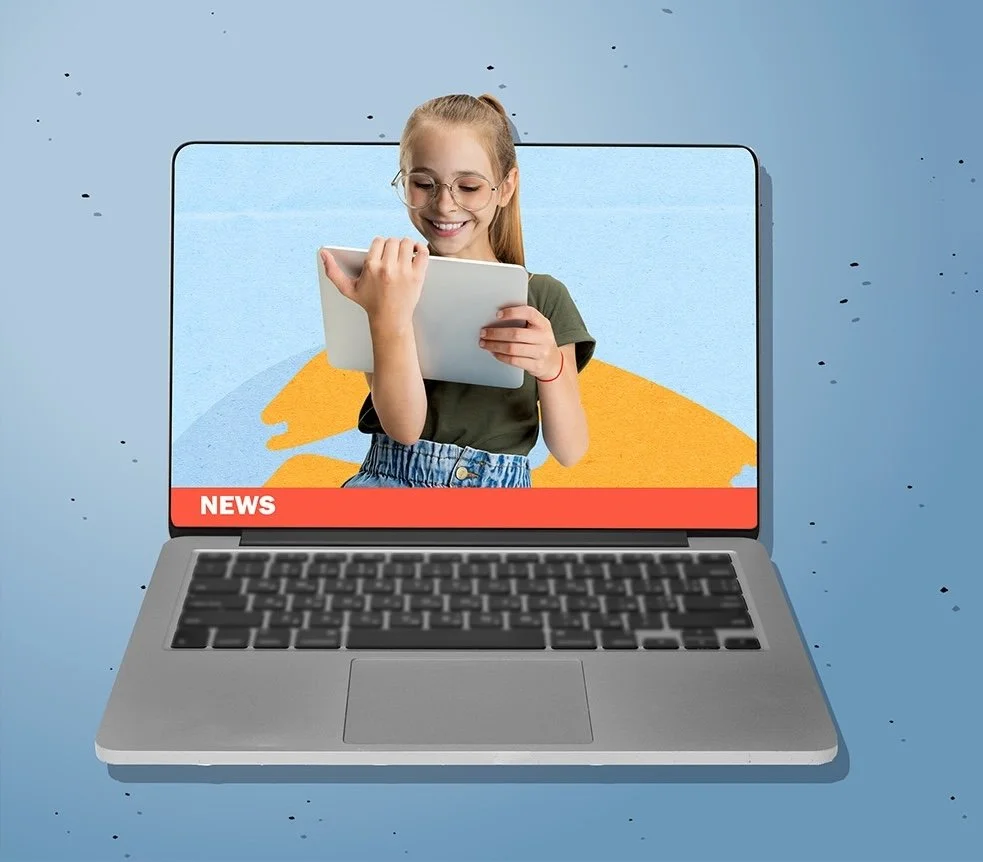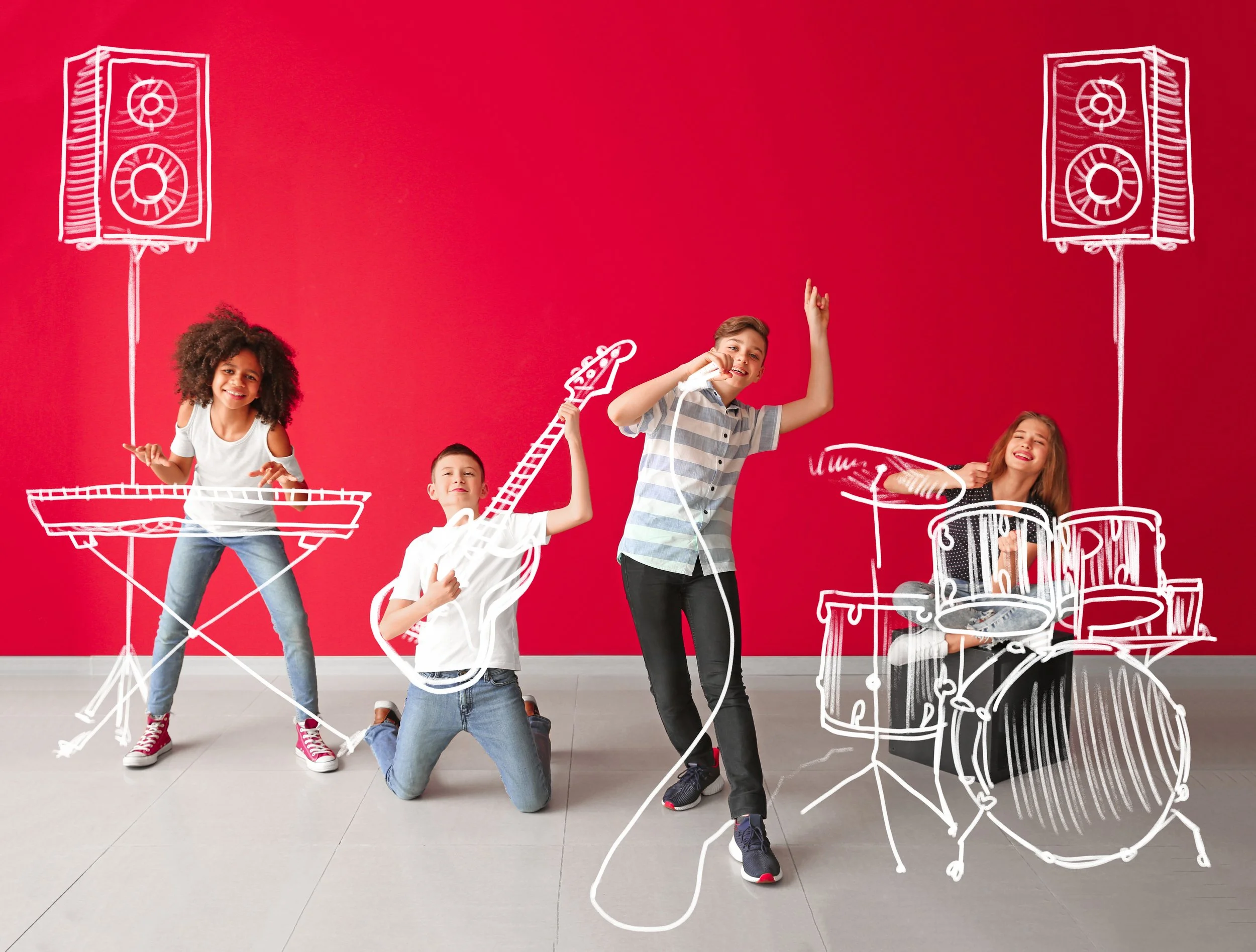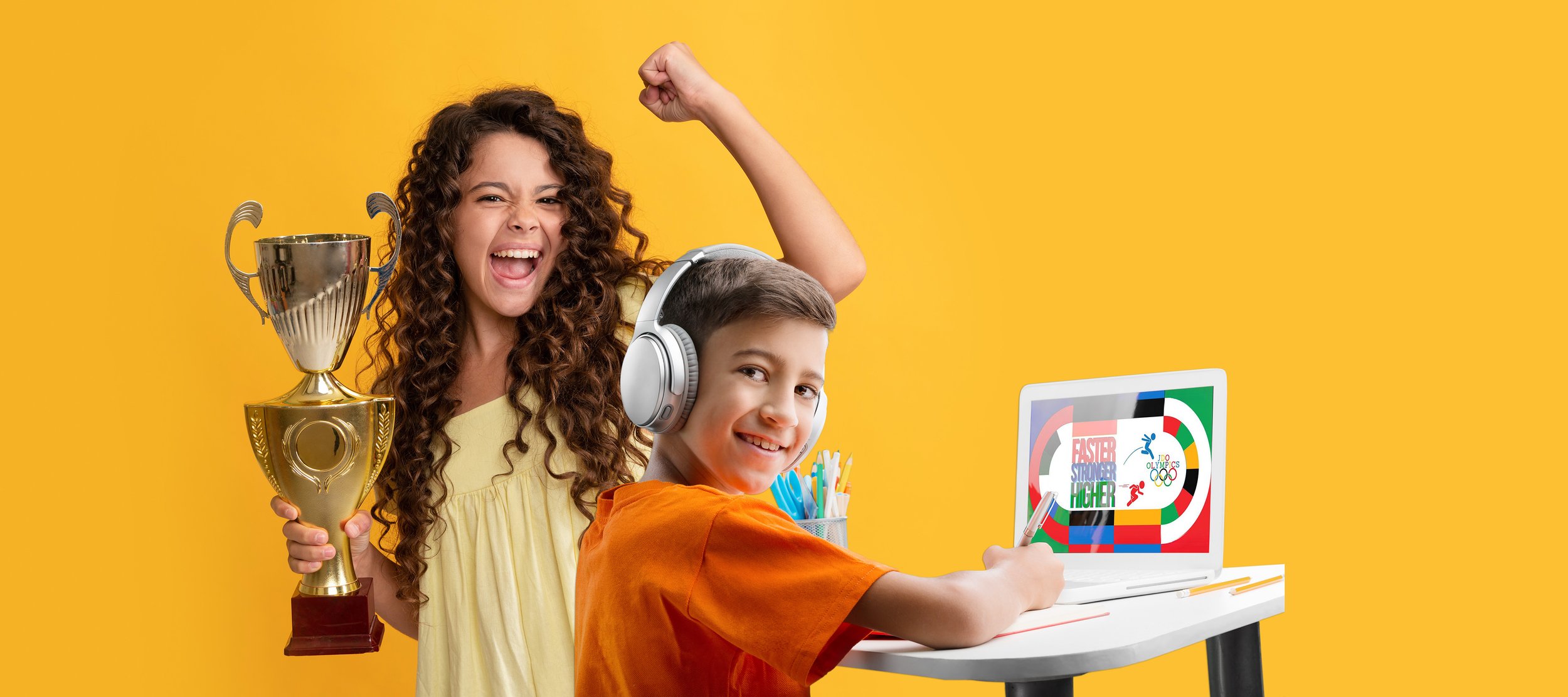
Faster Stronger Higher
Students dive into the values and history of the Olympics. Build teamwork and creativity to create mascots and compete in fun mini-challenges.
Key Learning Objectives
Faster Stronger Higher provides an exciting platform where students embody the Olympic spirit, fostering community, collaboration, and respect while celebrating both collective and individual achievements.
Olympic Values
Students will learn about the Olympic core values: excellence, friendship, and respect.
History
Students will explore the history of the Olympic Games, gaining insight into its evolution and significance.
Collaboration
Students will develop skills in collaboration, encouragement, and collective improvement.
Challenge
Teams will engage in a series of mini challenges, competing against other teams while focusing on encouraging one another and improving their overall performance.
Subjects
-
Students participate in Olympic-style mini challenges, recording and analyzing their own performance data. They apply mathematical skills to measure results, calculate averages, compare outcomes between partner schools, and represent findings through graphs or tables. This builds fluency in data handling, measurement, and comparative analysis.
-
Students engage with key PSHE themes by exploring the Olympic values of respect, excellence, and friendship, and by designing mascots that represent these ideals. This supports the development of self-awareness, empathy, and understanding of diversity. The activities promote personal identity, teamwork, and global citizenship, aligning with curriculum goals around emotional literacy, values education, and respectful relationships.
-
Students develop global citizenship by collaborating with international peers, learning about different cultures, and celebrating shared human values through Olympic themes. By comparing national facts, exploring symbols like flags and mascots, and analyzing global participation in sports, students build intercultural understanding, respect for diversity, and a sense of global responsibility. This aligns with curriculum goals around cultural awareness, international collaboration, and responsible global engagement.
-
Students apply geographical knowledge by researching participating countries, identifying their locations, flags, and national characteristics. They explore physical and human geography themes such as continents, climate, population, and cultural landmarks, while comparing global Olympic participation. This supports mapping skills, place knowledge, and an understanding of global diversity, aligning with geography curriculum objectives.
Project Outcome
The project will conclude with an exciting live Google Meet awards ceremony, during which teams will celebrate their collective and individual achievements while sharing their experiences and valuable lessons.
